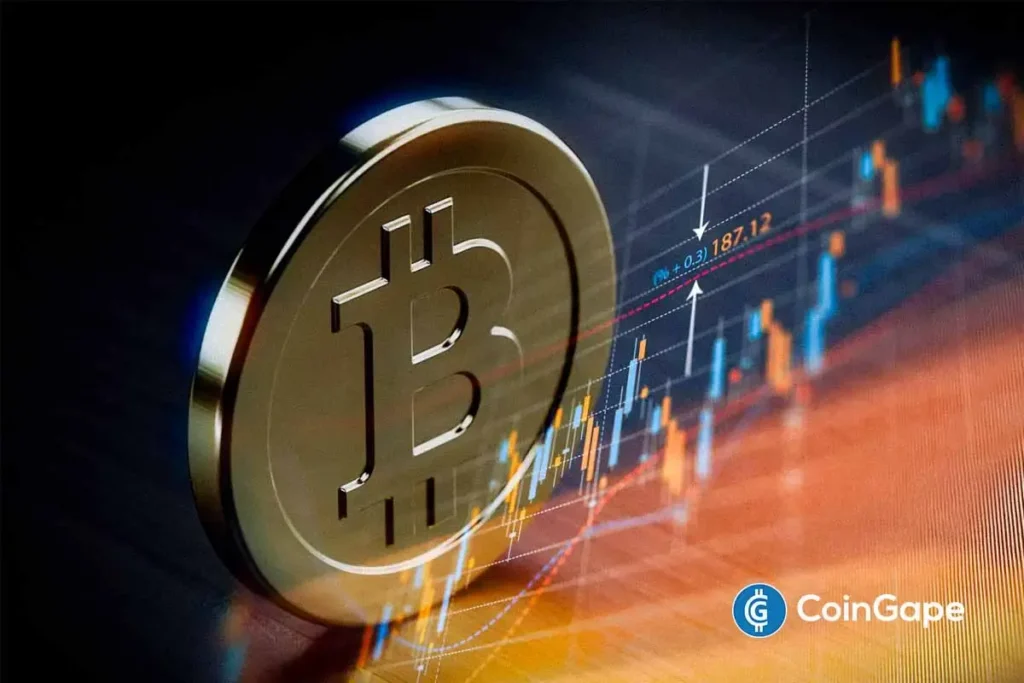Cryptocurrency markets are affected by global trade tensions, according to Richard Teng, CEO of Binance. Teng believes that while short-term volatility may occur, Bitcoin could benefit from economic uncertainties. He referred to the resurgence of trade protectionism and its impact on global financial systems as a key factor influencing market dynamics.
As Bitcoin briefly surged above $80,000 following reports of a potential pause on tariffs by President Donald Trump, Teng’s analysis emphasizes the dual impact of trade tensions on cryptocurrency markets. While short-term negative responses are expected due to macroeconomic uncertainty, Teng remains optimistic about Bitcoin’s long-term prospects as a non-sovereign store of value amidst economic volatility.
In times of economic stress and changing policy dynamics, Teng believes that Bitcoin and other digital assets may serve as strong alternatives to traditional financial systems. The CEO of Binance highlights the potential for increased interest in cryptocurrencies as a result of sustained economic turmoil, further solidifying Bitcoin’s position as a hedge against economic uncertainties.
Cryptocurrency supporters echo Teng’s sentiments, viewing Bitcoin as a safe haven asset during times of economic tension. Long-term holders perceive cryptocurrencies as resilient in the face of market fluctuations and policy changes, indicating a growing confidence in the role of digital assets as a store of value in volatile economic environments.
As trade tensions continue to impact global markets, Teng’s perspective sheds light on the evolving relationship between economic uncertainties and cryptocurrency markets. Despite short-term fluctuations, the long-term outlook for Bitcoin remains positive, with potential for increased adoption and interest as a hedge against traditional market risks. Teng’s insights reflect a broader trend among cryptocurrency enthusiasts who view digital assets as a viable alternative to traditional financial systems in times of economic and geopolitical uncertainty.


